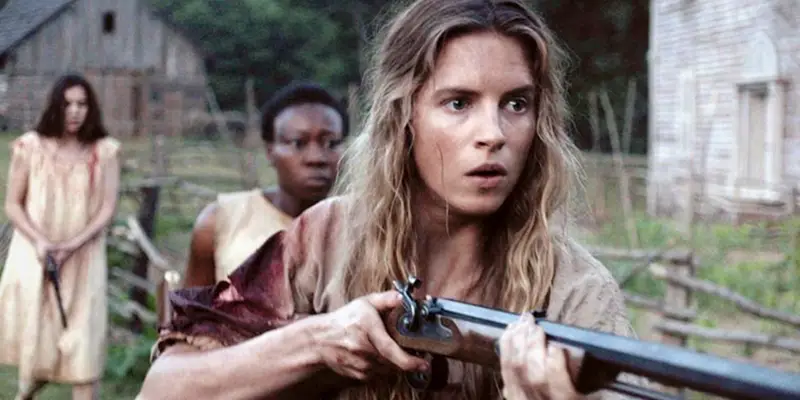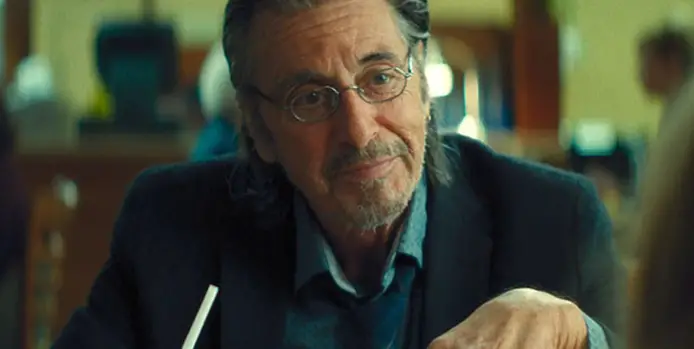2014
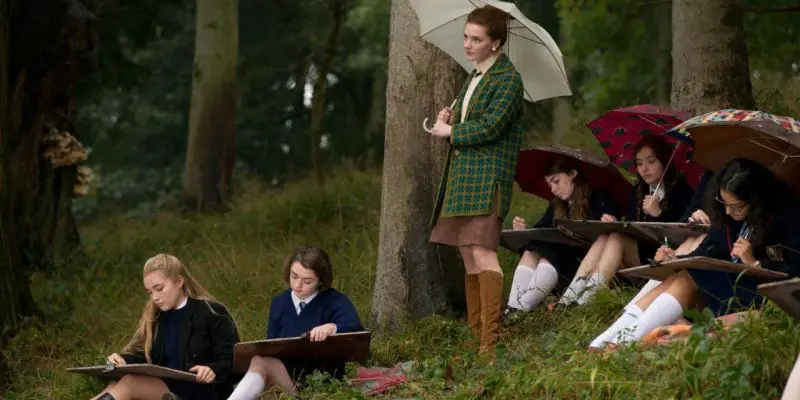
The Falling, the first drama feature by critically acclaimed director Carol Morley, went largely unnoticed on its general release. Despite collecting high praise from the critics, and starring Game of Thrones’ Maisie Williams in the lead role, The Falling was almost a blink-and-you-miss-it situation. This seems absolutely tragic, as I would have no reservations in rating it as my favourite film of 2015.

One of the hardest things to decide when reviewing a film is if the intentions behind the production feel genuine. One aspect that always arises during the Oscar/Award periods is actors doing roles or movies being made purely for “Oscar bait”. The idea of making a movie purely for the sake of gaining awards attention is somewhat cynical, but the transparency of movie production nowadays makes this something that sadly may have some truth behind it.
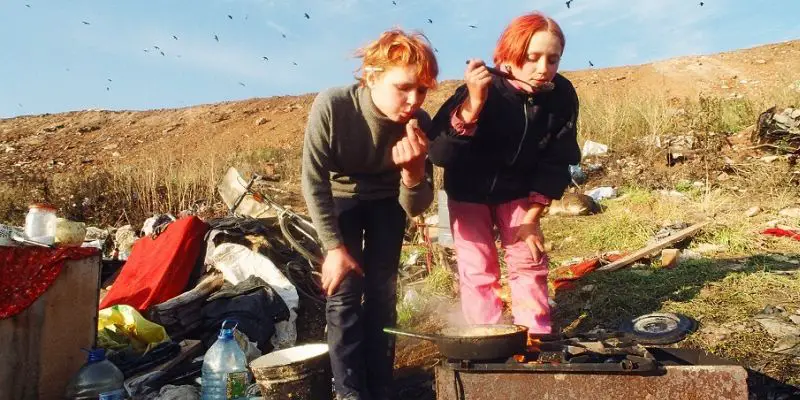
As bubbles fill the air surrounding world famous Red Square, and a young girl is seen relishing in their creation, one is likely to be filled with memories of their own bubble-oriented experiences of a normal, fondly recalled childhood, and imprint said associations onto the scene before them. They would then immediately be rebuked for their premature assumptions, as we travel back with the child to her home, and it is revealed not to be a house, apartment, or even a tent on the street, but a shack built in the heart of a garbage dump. “I’m alive, I cant simply die and go away.
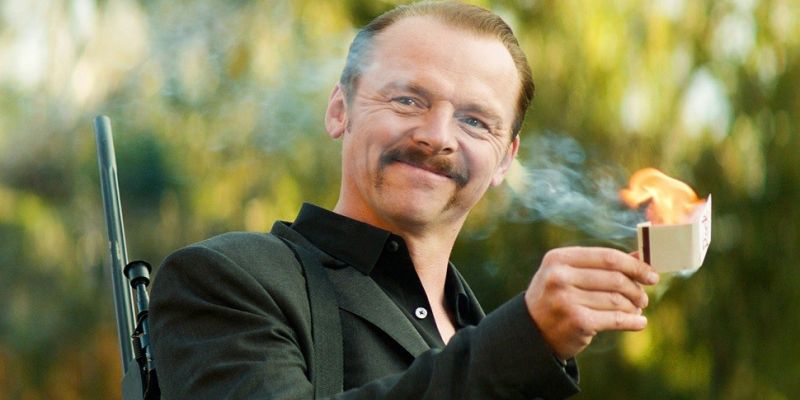
Kill Me Three Times is a film which is the right step forward for Australian cinema, done in the worst way possible. For the past decade, Australia has lacked films that have managed to cross international borders and bring new talent to life, which is a process which used to happen back in the day, from George Miller to Phillip Noyce. The only significant films of the past 10 years to really make any impact are David Michôd’s Animal Kingdom, which reminded audiences and filmmakers of the acting talents of Ben Mendelsohn and Jacki Weaver, who have become international stars.
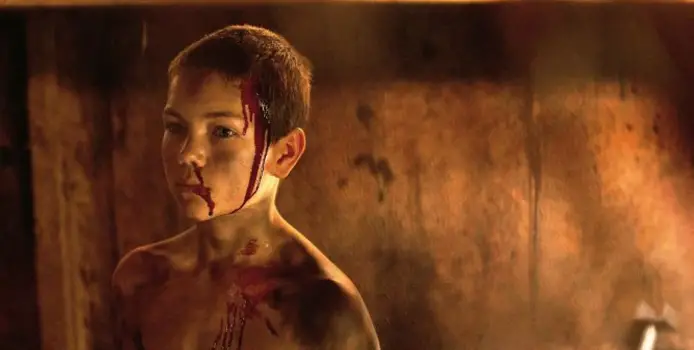
One problem with modern society at the moment seems to be an obsession with nostalgia, which is being milked by marketing companies. This has bled into the hipster movement and has lead to the larger debate of analogue vs digital as digital technologies develop. It is now bleeding into every aspect of pop culture, and it is one which can be seen in film.

Unfortunately, in March of this year, we lost the great documentary film-maker Albert Maysles. With his brother David (who died in 1988), they made some quite important and influential documentaries such as Grey Gardens, Salesman and Gimme Shelter. Their style was using direct cinema; following a subject and shooting a ton of footage without any agenda or plotline planned and creating a documentary in post production.
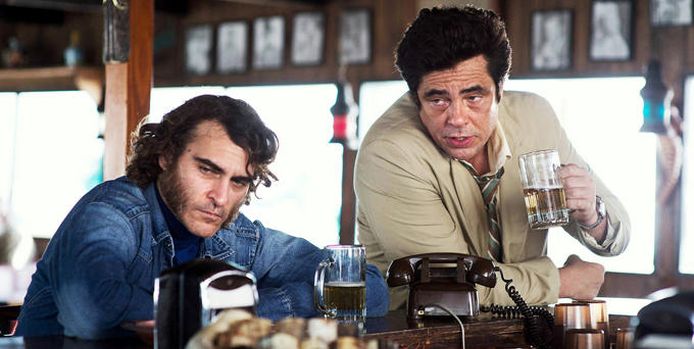
If it were not for Paul Thomas Anderson, there is a (very) good chance I wouldn’t be interested in writing about movies. It is because of his films that I take time to write for this humble little website. When I was a high school senior in 2009, my interest in movies inflated dramatically, and I watched a movie just about every night.
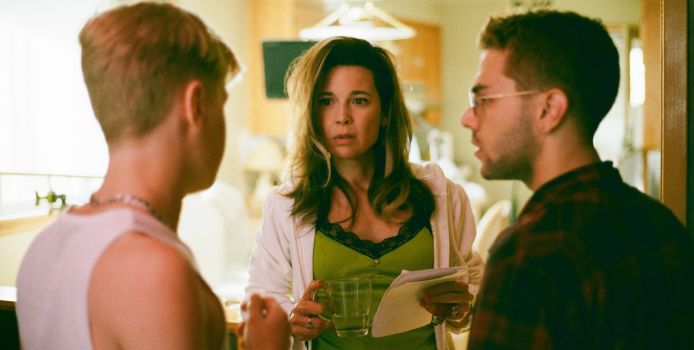
I was having a conversation recently with a friend who complained about how he gets annoyed when he sees child celebrities, as “they’ve already achieved more in life than I ever will and they are younger than me!” As a recent university graduate, without a firm footing into the grown-up world of work, I’m increasingly empathising with this statement, whilst also increasingly acknowledging how ridiculous it is. Why should I be bothered that people who are more talented than me are going places, just because they are younger?
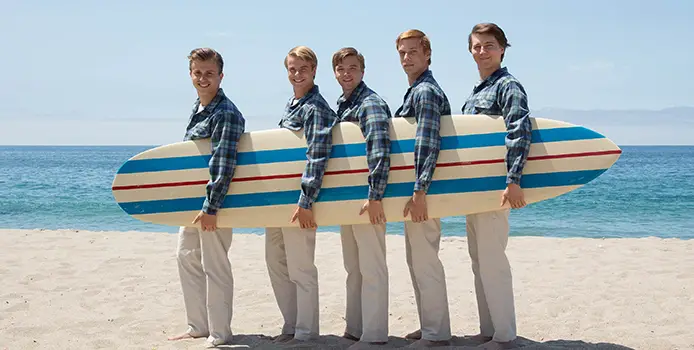
Ever since the glory days of silent cinema, Hollywood has been criticised of running out of ideas. This is why the biopic is the perfect genre for screenwriters and directors. A typical life doesn’t neatly fit into a simple three-act structure, but by highlighting an individual’s greatest successes, and framing them in a way that makes everything else inconsequential by comparison, you can turn something as uninteresting as somebody’s life into a thrilling drama.
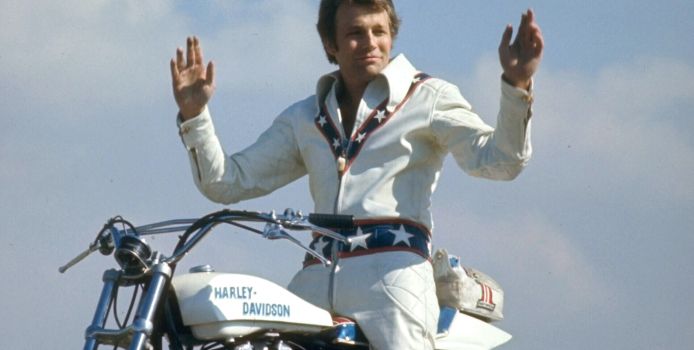
Initially, it seems that I Am Evel Knievel competently weaves archival footage with a range of talking heads. However, the documentary goes to great lengths to embellish a very unlikeable man and omits some of his life’s failings, making it an inferior production to the BBC’s Richard Hammond Meets Evel Knievel, which also has the advantage of featuring the man himself shortly before he died on November 30th 2007. During the 1970s, Evel Knievel was one of the most famous names in America and the world.
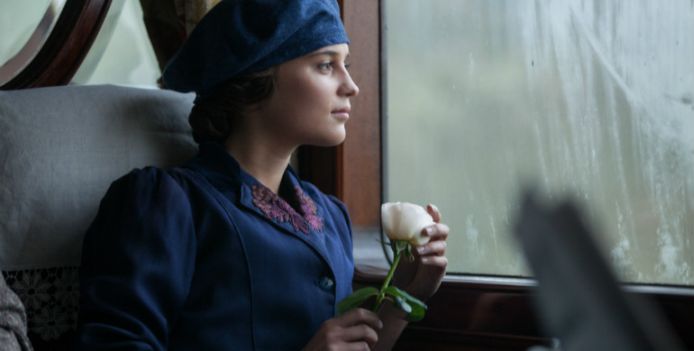
Testament Of Youth is based on Vera Brittain’s memoir of the same name. Her book pays homage to her own losses while growing up during World War I, but also the great loss felt by her generation. Brittain’s book is perhaps unique in that in the UK we are often told about the loss of life during the war.
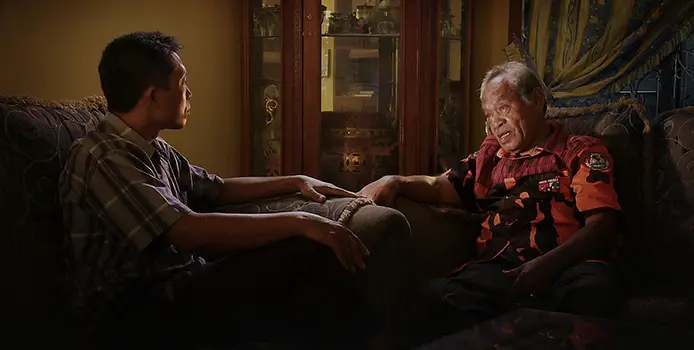
Ignorance truly is bliss. Before watching Joshua Oppenheimer’s harrowing 2012 documentary The Act of Killing, I had no knowledge of the 1965-1966 genocide in Indonesia, which was initially intended on purging “communists” from Indonesian society, but resulted in a million innocent people being massacred. That I could have no awareness of the subject could be blamed on western ignorance – upon receiving the BAFTA for best documentary, Oppenheimer claimed that the UK and US were partly responsible for these atrocities to happen due to their insistence on destroying communism at any cost (a statement that was naturally cut out of the TV broadcast).
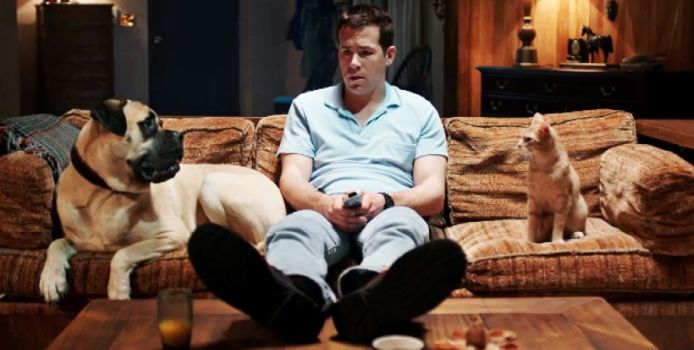
The Voices, the English language debut of French-Iranian director Marjane Satrapi, unarguably gives Ryan Reynolds the best acting role of his career. Sadly, his gleefully maniacal performance is the sole positive – and that is most likely due to the lack of interesting roles he’s been given throughout his career that make this performance stand out in comparison. The character he’s playing is badly devised and written, yet Reynolds somehow manages to make the character compelling.


